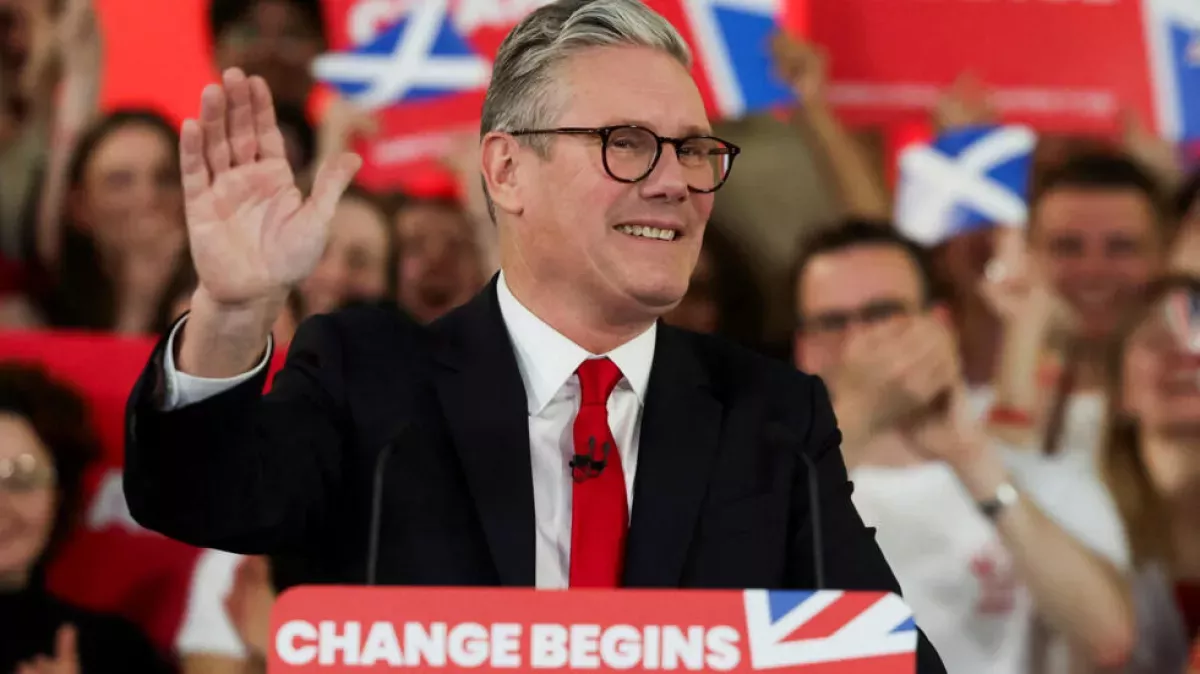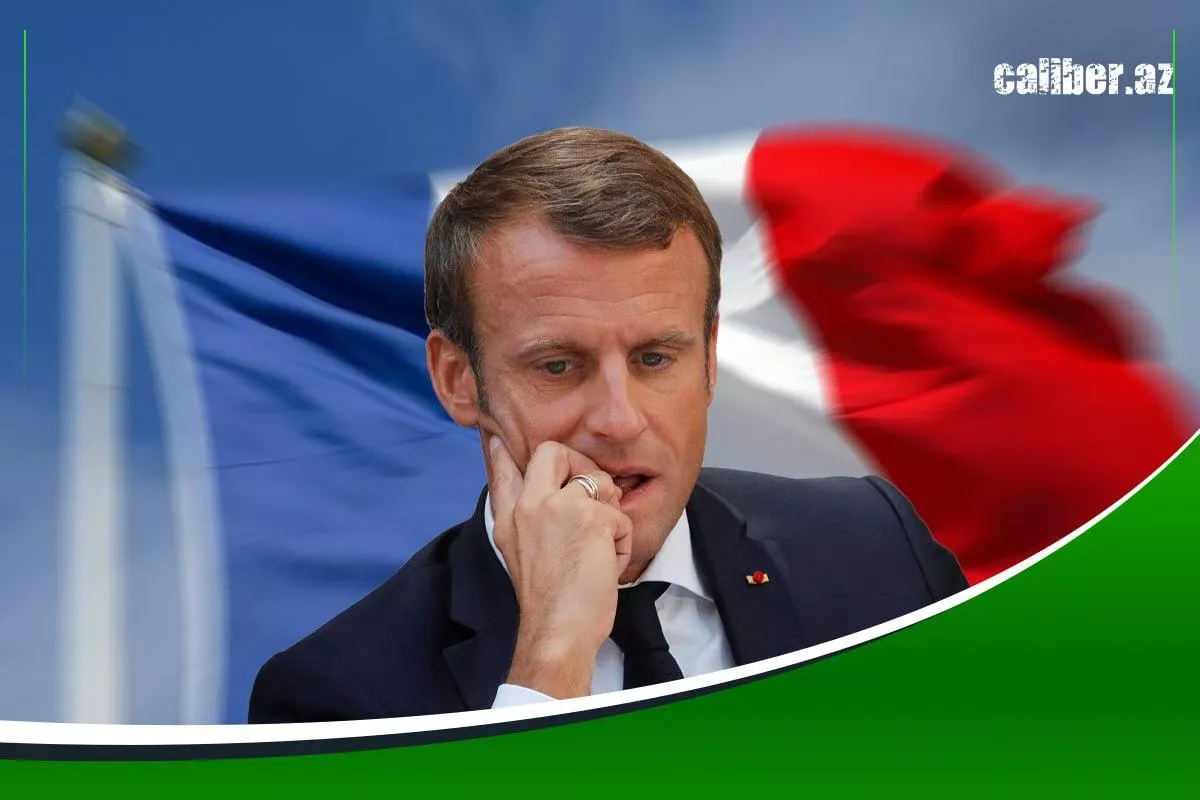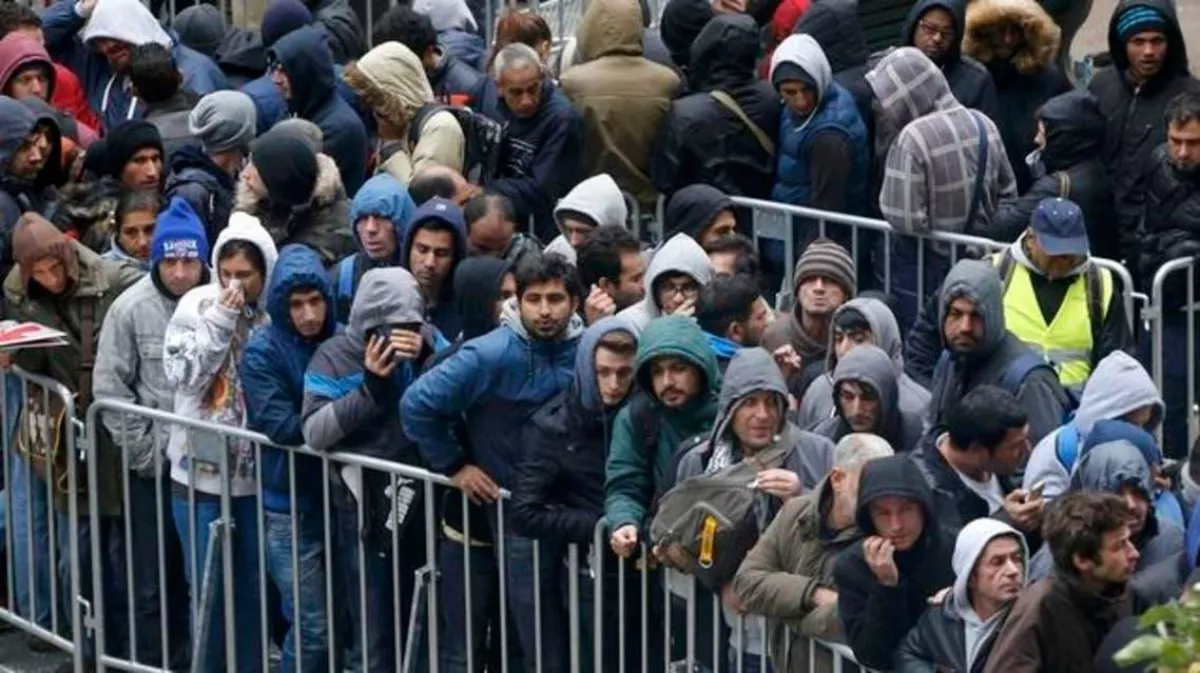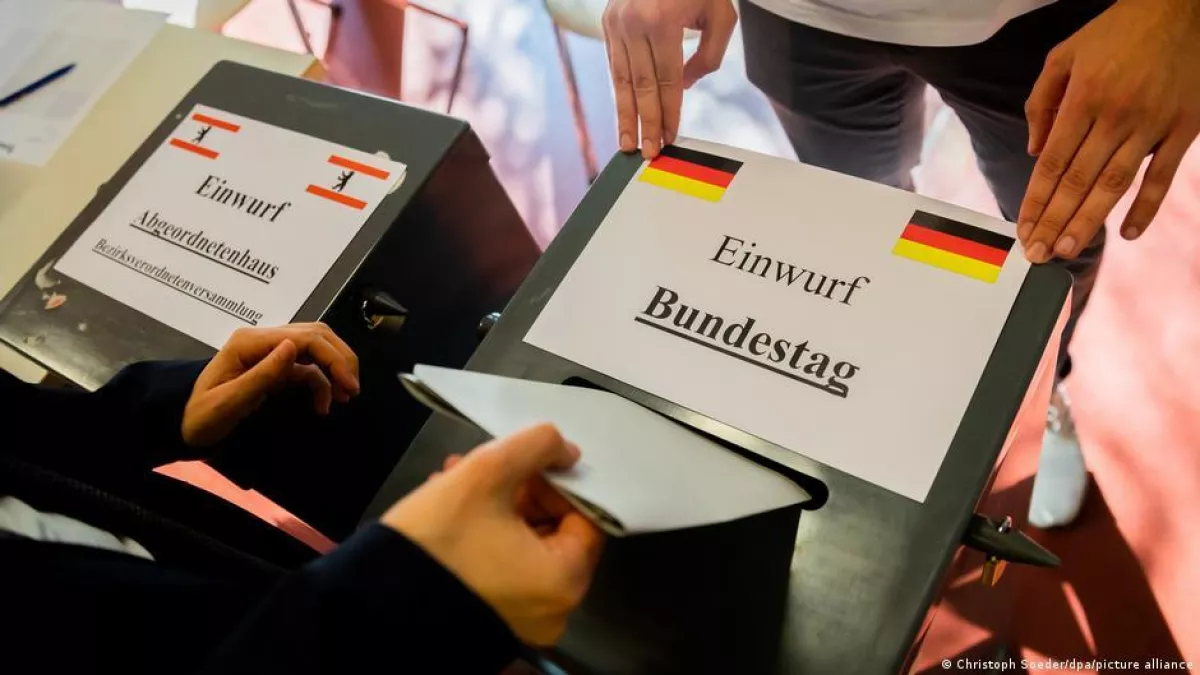World on verge of great upheaval West’s ideological crisis
A series of notable victories by non-mainstream political forces in national and local elections across Europe has prompted discussions about the intensifying crisis facing centrist parties. This trend is further underscored by the growing socio-economic challenges in many countries both within and beyond the West. However, beneath this apparent problem lies a more serious issue: the increasing inability of long-dominant ideologies to provide answers to the increasingly pressing questions of modernity.
After several significant defeats suffered by ruling and mainstream parties in Europe at the hands of non-systemic political forces, the recent successes of both right- and left-wing radicals come as little surprise. It may be time to recognize signs of an electoral revolution gradually spreading across the European continent, particularly evident in European Union countries accustomed to governance by centrist administrations. However, election results are not the only indicators that "something is amiss in the Danish kingdom."
In some countries, political and managerial emergencies have become a commonplace feature of daily life, regardless of who won the last elections or leads the government. This undoubtedly reflects the escalating crisis phenomena across Europe. While this is a relatively recent trend, it increasingly appears to be a precursor to serious processes with potentially significant and long-term consequences.
The Management Crisis in Motion
The persistent feeling of crisis that does not dissipate after elections, and in some cases only intensifies even when previously opposition forces come to power, indicates something fundamental rather than temporary and fleeting.
The most recent example is the United Kingdom. In July, the Labour Party achieved the most impressive victory in parliamentary elections since Tony Blair's triumph in 1997. Such electoral results and the demand for change after nearly 15 years of Conservative rule seemed to create conditions for a confident and energetic reboot of the entire government system. This is precisely what Keir Starmer and his team promised voters. However, before the new government could even reach the 100-day mark at the helm of the kingdom, the media was already filled with headlines about its crisis.

Journalists are primarily amplifying potentially scandalous stories about alleged cases of corruption and nepotism. However, as an anonymous high-ranking British official noted, "first and foremost, they need to understand what this government wants to do with the country." Veteran Labour figure Alastair Campbell believes that society knows virtually nothing about the policies the new authorities plan to pursue. This means that the issues at hand extend far beyond isolated cases of incompetent or corrupt politicians and rise to a strategic level. It turns out that the management reality is so different from the pre-election campaigning that less than three months after taking office, the government lacks a comprehensive action plan.
Another, even more striking example is France. The deepening management crisis there can be traced through the evolution of public perception of Emmanuel Macron. As Politico reminds us, he took office in 2017 with the image of an exemplary banker-technocrat, poised to quickly transform France into a haven for investment and the main engine of economic growth in Europe.
Macron established a new centrist movement, "La République En Marche!" (now "Renaissance"), which seemed to underscore that under the leadership of the young president, Paris would cast aside all political extremes and govern according to tried-and-true professional economic recipes. From this position, Macron could easily discredit his political opponents as eccentric populists incapable of managing finances and certainly unable to keep public finances in order. However, seven years later, almost nothing remains of that former image.

The transformation of Macron can be illustrated not only by the electoral ratings and results of him and his movement but also by the seemingly programmed paralysis of the newly formed government. The state budget adopted last week serves as a symbolic example, particularly due to the deep changes it entails. Specifically, tax revenues are expected to increase by €19.4 billion, while budget expenditures will be cut by €41.3 billion.
While the rationale behind such measures for financial recovery is understandable, the very fact of these "fiscal swings" highlights the deeply crisis-ridden situation. This is further reflected in the budget deficit, which is expected to reach an impressive 6.1% of GDP in France by the end of 2024 (even higher than during the COVID-19 years of 2020-2021). Meanwhile, the French Court of Auditors has estimated that from 2018 to 2023, the fiscal policy of Macron's fully controlled government cost taxpayers an additional €62 billion. Under these circumstances, even Macron's recent allies do not believe the promises to bring the budget deficit and debt back in line with EU requirements by 2027.
The Crisis of Political Ideologies
Looking at the examples of Britain, France, and many others, one might conclude that the politicians at the helm have somehow failed and are unlikely to rectify the situation. It is no surprise that laments often arise in the vein of "there are no truly great leaders in Europe anymore." Unfortunately, this assertion is, in many cases, not without merit. However, it seems that it does not capture the full extent of the crisis. The issue extends beyond just the factor of individual personalities.
This factor appears secondary compared to a much more serious and potentially dangerous problem—the ideological vacuum that arises from the political elites' inability to find conceptual answers to increasingly complex challenges of modernity. This issue is not merely about the insufficient will and leadership qualities of specific politicians or their incompetence, but rather about the irrelevance of the ideological lenses through which European societies have become accustomed to viewing the world in recent decades.
Moreover, Europe is likely just the first indicator of a broader trend. With a high degree of confidence, one can predict that, with some time lag, a wave of chain reactions will spread to many other, if not all, regions of the world. In Europe and the West more generally, the ideological vacuum is beginning to be felt more acutely due to their more fanatical adherence to the ideas of the "end of history."
The notions of the infallibility of the combination of market economy and liberal democracy have been uncritically elevated to an absolute for far too long, often concealed behind numerous taboos of political correctness. Today, both politicians and voters struggle to understand how to extract effective solutions from this amalgamation for the most pressing challenges facing societies. Currently, the most sensitive issue is migration and assimilation. However, many others can be included in this category: international trade and economic competition, societal stratification, social policy in the context of escalating geopolitical competition, and so on.

The almost ubiquitous rise in popularity of non-systemic parties and political-ideological platforms serves as confirmation that the issue truly lies in a crisis of ideas and ideologies (rather than merely in the incompetence of individual politicians and bureaucrats). Almost everywhere, these parties represent the extreme—at times openly radical—political spectrum, which stands in stark contrast to the mainstream. They are the ones filling the political vacuum created by the growing inability of centrists of various stripes to propose programs that respond in real time to the needs of voters.
The needs of voters have changed significantly in just the last few years. The electoral fortunes of the "Greens" are particularly illustrative in this regard. Just 5-6 years ago, many believed that the "Greens" (like Macron's party in France) were becoming a dominant political force in Europe for the long term. For instance, they significantly altered the traditional electoral landscape in Germany at that time. However, today, in the same Germany, they find themselves far on the periphery, even among their core electorate—young people.

It is important to emphasize that this is not exclusively about ideologies as differing perspectives on how society should be organized. The increasingly dramatic political cases in Europe point to a broader crisis that affects both worldview platforms and how they are implemented in practice. This means both theory and practice are at stake. Although any management issue ultimately boils down to a theoretical problem, it is reasonable to assert that we are dealing with an ideological crisis that will only worsen over time, manifesting in increasingly painful forms. The situation somewhat resembles the realities of the early 20th century.
Whoever can propose new systemic ideas, much like a hundred years ago, will vie for a significant political prize. Moreover, these ideas need to be genuinely original; a mere cosmetic repainting of the existing ideological foundation is unlikely to suffice in the long term. This is illustrated by Macron's example, who attempted to bridge the traditional divide between the left and right by combining elements from both poles on a centrist platform. However, instead of a new modern ideological construct, what emerged was a kind of postmodern chaos. This chaos quickly turned into a vacuum, attracting radical alternatives. In other words, the outcome of Macron's political "march" is that instead of the "wall against extremism" he promised to build, he has personally opened all the doors to extreme forces in politics, including those of a potentially extremist nature.
Are the conclusions premature?
Of course, one could oppose the reasoning presented here, arguing that it is unnecessary to exaggerate and make a mountain out of a molehill. First of all, crises are a given in our lives; they are not just inevitable but also contribute to long-term progress. Therefore, crises are not only natural but also beneficial. Secondly, the defeats of political forces and leaders in elections, who fail to meet societal expectations, demonstrate that democratic systems function effectively. If this is the case, then what deep crisis of mainstream political ideologies can we be talking about? After all, it is these ideologies that serve as the foundation of the entire democratic structure.
These objections are not without merit. However, not all crises are the same. Most state crises and integration unions overcome through relatively simple reforms that provide fresh impulses for development without undermining foundational principles. Yet, at certain historical stages, dominant governance models produce systemic errors. Correcting these through solutions that do not touch upon the deep foundations of functioning proves impossible. Current trends increasingly lead to the conclusion that we are indeed experiencing such a stage.
We will be able to test this hypothesis quite soon. If we are merely dealing with the phenomenon of mass protest voting against mainstream parties and politicians that do not meet voters' expectations, then the situation should stabilize within a year or two. In that case, voters will teach mainstream politicians a lesson, demanding changes in their approaches to the most pressing socio-economic issues, and everything will return to normal. However, if the hypothesis of a deep crisis of ideologies is confirmed, we can expect very interesting but also extremely dangerous decades ahead.








